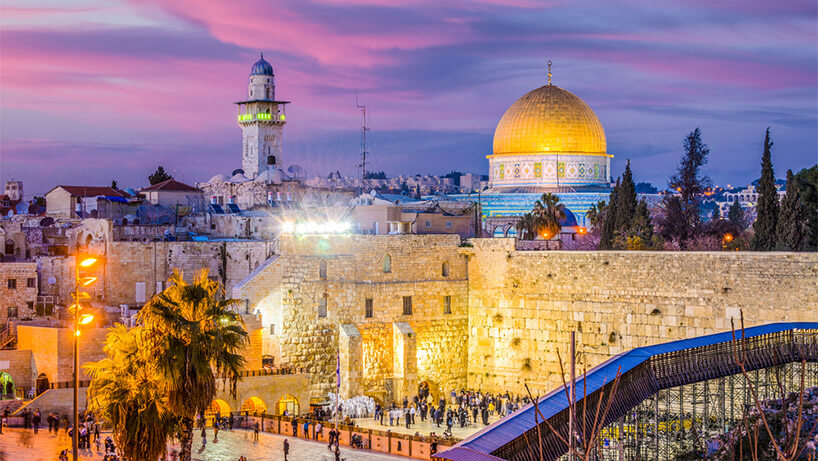The International Tourism Security Summit in Jerusalem will offer unique insights into challenges that planners face.
By Boardroom editors
The inaugural International Tourism Security Summit (ITSS) takes place next month in a host destination that also serves as an ideal case study: Jerusalem.
The Israeli city attracts millions of visitors each year looking to explore a destination that’s one of the oldest in the world, with artefacts and structures dating back thousands of years.
Over the past few decades, however, the city has struggled to maintain its reputation as an attractive meeting destination following a series of terror attacks. With its history of conflicts, Jerusalem serves as a prime example for the Oct. 7-9 ITSS summit, which will provide planners with insight into security challenges that may affect tourism and events. Participants will explore the best ways to respond when crises arise.
They’ll no doubt gain a better understanding of crisis management by learning where it’s practiced, making summits like ITSS in Jerusalem hands-on educational experiences. By preparing for the “when” instead of the “if,” planners can reassure delegates that their safety will be taken into consideration no matter where they’re meeting around the globe, helping with the long-term reputation (and revenues) of a host destination in the process.
Strength in Security
Paris, Brussels, Nice — these major cities are just three in Europe that have had to tighten security and rethink tourism strategies after terror attacks. After the July 14, 2016, attack on Nice’s Promenade des Anglais, for example, 50 key players from the regional tourism board, hotels, airlines, and government came together to create a Côte d’Azur crisis unit, drafting a 1 million-euro financing plan for targeted actions, from social-media campaigns to surveillance and safety plans to upping measures at hotels, tourist sites, and leisure parks.
According to Bernard Kleynhoff, president of Nice Côte d’Azur Chamber of Commerce and Industry: “It is a difficult task as no destination can guarantee 100 percent security.”
While the initial number of leisure tourists visiting Nice dropped 10 percent that first season, the MICE sector reportedly didn’t see any cancellations. In fact, media reported that a group even brought 800 delegates to nearby Cannes for a convention that November.
WindEurope, the European association for the wind industry, faced a tough predicament when a series of terrorist attacks hit Paris Nov. 13, 2015 — just days before its annual conference, EWEA2015, at Porte de Versailles. The association expected 10,000 attendees from 80 countries and had to make a quick decision. Communication on the ground — and with the stakeholders — was key. After examining the actions of other organisers, contacting local authorities, and receiving on-site updates, the association felt assured that everyone’s safety was taken into consideration. Less than a day after the attacks, they decided the conference could safely go on. Organisers created a 24-hour hotline with real-time updates on the situation in Paris, in addition to scaling back social events to show respect for the victims.
Another key element suppliers and planners face: battling stereotypes to recover from a crisis or security incident. In the same way that celebrities benefit from crisis-management PR, destinations can use the power of social media and marketing to reframe media coverage, send counter-messages based on what is really happening, and reshape the global perception of tourism in a destination.

